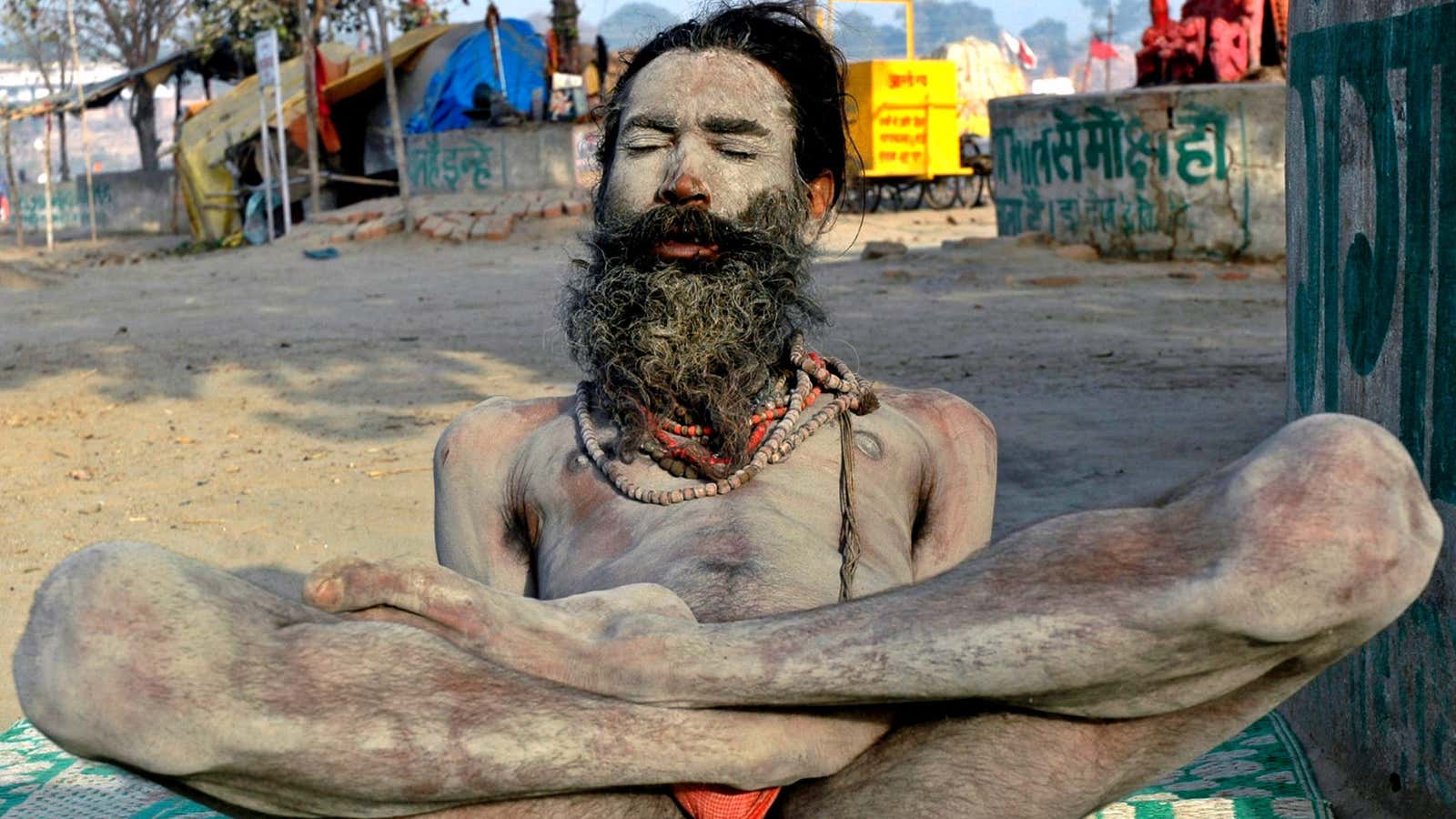Deep, dreamless sleep is often described as unconsciousness. We certainly don’t see distinct objects or have linear and memorable trains of thought, as we do in daily life or while dreaming. But in a meta-analysis published last month in Trends in Cognitive Sciences, cognitive science experts argue that there is no clear line of consciousness between dreaming and deep sleep.
“There’s complicated experiential or conscious activity that occurs throughout the night in all the different stages of sleep, including deep sleep,” says Evan Thompson, philosophy of mind professor at University of British Columbia in Canada and one of the paper’s authors. “We need a more fine-grained way of talking about the different kinds of mental activity that happen in deep sleep and the ways they’re related to neural activity.”
Consciousness during dreamless sleep does not look like daily, awake consciousness, says Thompson, but it still seems there’s some conscious awareness. “It could be just a sense of being asleep combined with some sense of the passage of time. Maybe different fleeting thoughts that aren’t really preserved in memory but related to skill-learning and memory preservation,” he adds.
The authors write it’s still an “open empirical question” whether unconsciousness does occur in some periods of sleep, but say consciousness doesn’t seem to simply switch off when we enter deep sleep. Studies show fast-frequency ripples in the hippocampus during deep sleep, which suggests we need to rethink the notion that this is a period of total unconsciousness. Meanwhile, meditators who claim to be aware during deep sleep are supported by their distinctive electrophysiological brain patterns, with high gamma-band frequency activity (typical of waking consciousness.)
Thompson notes that this reflects the belief of the ancient Indian philosophical traditions of Yoga and Vedanta. “The basic idea is that, from the Yoga perspective, consciousness, in the sense of the sheer awareness or feeling of being or existing, continues in deep sleep, even when ordinary mental activity (thoughts, emotions, mental images) has quieted down or stopped,” he says. “Buddhism generally agrees with this idea, too, but it’s more developed in the texts of the Yoga and Vedanta.”
Thompson, who’s written about consciousness in his book Waking, Dreaming, Being, says scientific findings that match ideas from Indian philosophy show contemporary research can still learn from these ancient traditions.
“They can work together to build a richer understanding of the mind, with implications for improving our lives today, especially in the treatment of sleep disorders through mindfulness practices,” he says. “If sleep is treated as an occasion for something more meditative or contemplative, that brings a richness to our lives and arguably helps us sleep better, which helps us function in our daily lives.”
